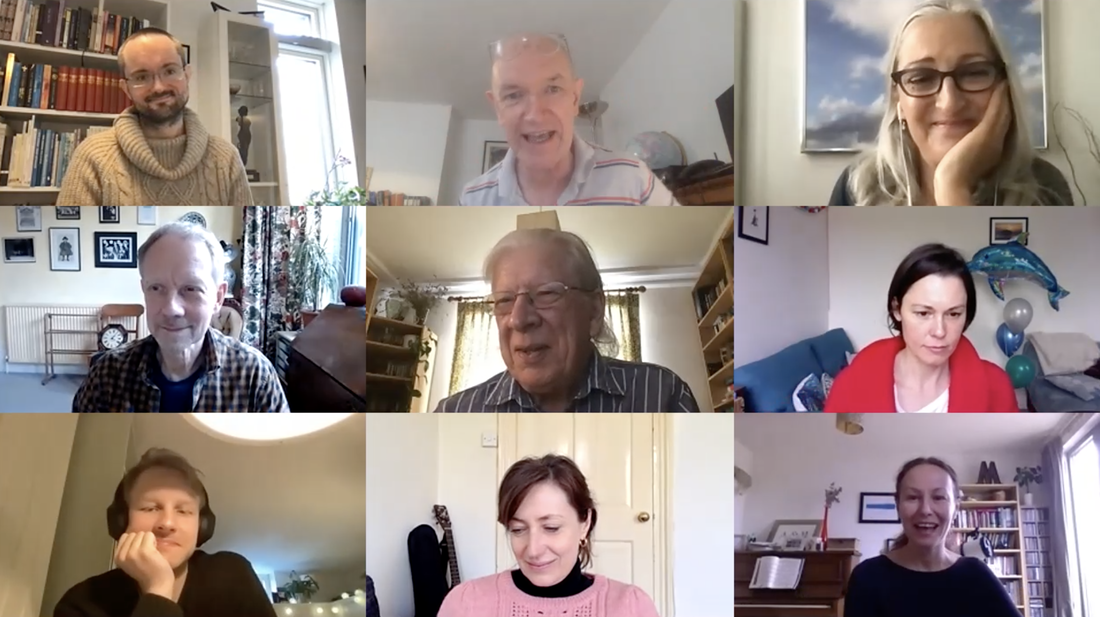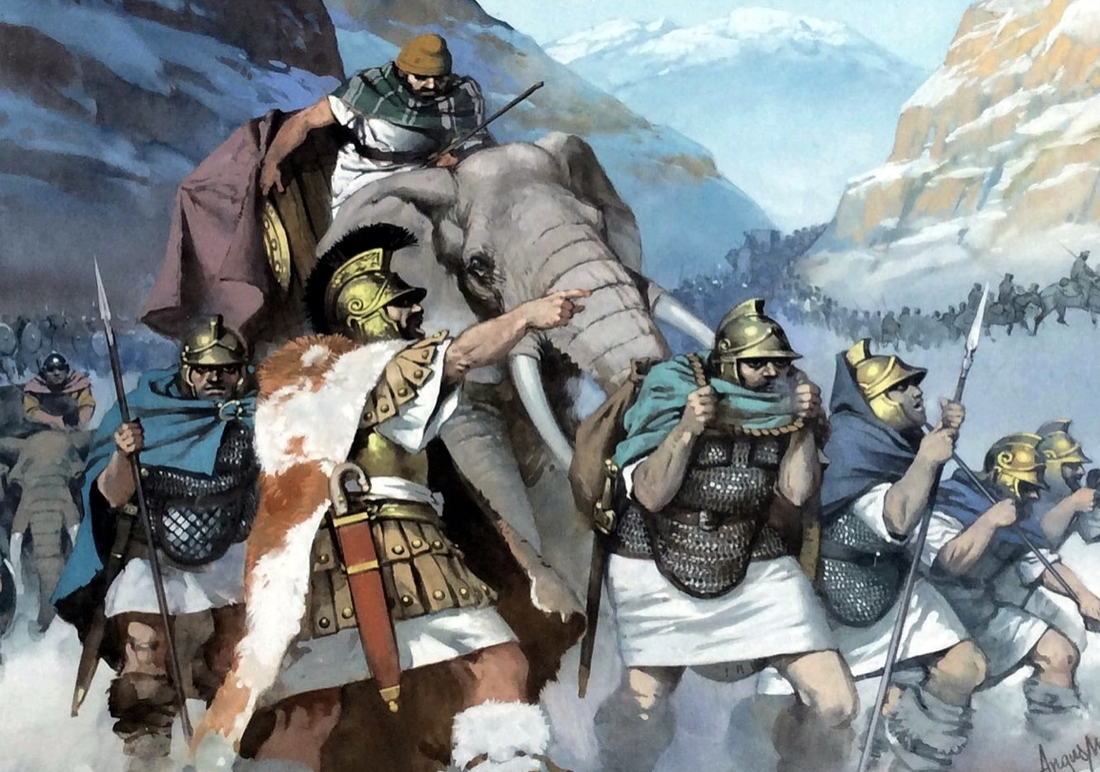|
April 30th. Present (row-by-row from top left) Oystein Brager; Colin Ellwood; Susan Raasay; Jamie Newall; David Whitworth; Zara Tomkinson; Daniel Lien; Charlotte Pyke; Marta Stark
I have to scream but my sound-card is bust. I do not know about feeling. Or feelings. That’s the way it is. I mean my sound-card is functional but is nevertheless insufficient. If I scream it does not rasp. I have understood that screaming must rasp a little. My vibrations are so Sumerian. So asserts the puppy-ish, well-meaning, just-minted android at the centre of Norwegian actor and playwright Daniel Lien’s new script-in-development, translated by Neil Howard and arriving courtesy of Unge Viken and their dramaturg our good friend, playwright and director Oystein Brager. Life, eh? Most of the characters here experience their own ‘sound-card’ moment when existence gets more than a bit unbearable…or inexpressible…or both. This play certainly has its own rasp…in the sense that the form is challenged by the ambition of the content, pressure-tested almost to destruction. Or maybe not a rasp so much as a kind of joyous enquiring, discoverous yelp of exhilaration, brimming as the play is with philosophical, situational/narrative and dramaturgical ideas perhaps even slightly at odds with each other: kittens play-fighting in a sack. Hearing it read is like being buttonholed by a ragged ancient mariner whose experience has been of computer games and futurology rather than multi-coloured snakes and the sea (and Coleridge’s ballad gets more than a name-check in the play) but with similar results: the generation of a kind of distressed wonder. The ‘plot’? Here goes…stay with me on this…: A Roman general is in shock from a martial encounter with giant penis-nosed monsters. In Trondheim in 2050, a scientific genius, Astrid, puts the finishing touches to a new-developed AI android intended for the military-industrial complex. Meanwhile her ex-husband, Thomas, a celebrity internet priest with an alcohol problem who has just denied the existence of God via livestream, turns up in a chic rotating skyscraper bar in Trondheim looking for a drink and some company. There is a tremor…something cataclysmic is happening. As we later discover, a nuclear explosion has, amongst other things, flattened Oslo and occasioned a slow-encroaching, potentially planet-wide nuclear winter. Trying to reach still-habitable Tondheim, young Asian guy Hamza has ignored the distress calls of a young woman stuck beneath the ruins of Oslo, to his own distress and guilt. A month passes. The ex-priest and existentially-troubled young waitress Spesi (an ex-soldier and sometime journalist/activist) are now trapped in the bar. Hamza arrives and is initially mistaken for a terrorist but ends up having continually to rebuff the sexual advances of Spesi. Over time, the android outperforms expectation, not least in the emotional department (and in doing so makes us question the definition of organic life, and of the supposed organic uniqueness of the felt quality of being alive. This is central to the main thesis of the play). ‘Christened’ Galileo, the android is also able to tap into the memories of those around them, thus ingeniously serving up a vehicle for delivering backstories and key memories (and allowing the android actor a virtuoso turn playing each remembrancer’s interlocutors). The most emphatic of these remembrances traces the relationship between Astrid (Galileo’s ‘mother’, as they – Galileo - insist(s) on calling her) and Thomas, from their initial meeting at university via marriage to their separation - this last event seemingly occasioned by Thomas hinting in his great god-denying streaming event at the existence of the top-secret Galileo project. As everyone closes in on the increasingly precarious shelter of the revolving bar, Astrid seems to want to deny the human/organic affect of Galileo, who is meanwhile trying to acquire a personality, a sense of humour, friends, and to bond with both his ‘mother’ and his putative father, Thomas. Astrid decides she wants to decommission Galileo (maybe because their – Galileo’s - intended role as a ‘link’ between humanity and technology is now redundant, or maybe because the raw materials in their mechanisms can keep the restaurant warm for a while as the world outside freezes…or maybe both). Thomas declares paternal love for Galileo, then goes out into the snow (presumably 'for some time’, Captain-Oates-like), possibly in search of his wife, possibly to die, possibly to commune with nearby 12th Century Nicaros Cathedral (which is characterised here as an earlier incarnation of the human aspiration and ingenuity that resulted in Galileo). In the 21st Century environs of Nicaros, our Roman general mysteriously turns up (or is this whole ‘simulation’ in fact simply a virtual computer-game world called in this instance a play?). Astrid also arrives, just before Thomas dies of hypothermia. Back in the restaurant and now joined by Astrid, Hamza and Spesi are trying to find a way of saving themselves from the cold. Trondheim now burns (having been set alight by Astrid) as the world freezes. Neither Hamza nor Spesi can be persuaded by Astrid to help her ‘kill’ Galileo. Hamza kills Astrid instead. Oh, and slightly earlier the Roman general has walked in on Galileo, taking the latter to be the divinity he has long been in search of. During what happens next, the former finds out the true nature of the penis-nosed creatures, and Galileo ingests the experience of the general and so, presumably, of the classical world. This is an android who marches - and more importantly learns - via his gut, his ‘tummy’ (as he endearingly puts it himself), even if that emotion-driven organ is a virtual entity in their case. Thereby of course they absorb(s) – and so preserve(s) - the experience of the people they meet(s), and…er…sometimes ‘eat(s)’ (although doing that with only a virtual stomach is surely a very messy and here unexplained business…). The carbon-based survivors then duly die of cold. Galileo remains, being told ‘it is your turn now’. They (Galileo) are clearly then - amongst other things - a high-functioning version of that other space probe Voyager’s ‘golden record’ of human and earthly experiences and attainments, having in their case digested (or at least 'ingested' - literally and metaphorically) a lot in a short ‘life’. Our collective human future, it seems, is to be virtual not actual, and it may not actually involve us…but maybe that absence, or transfiguration, doesn’t matter… That speculation is very much the central one of the play, which is therefore a dramatised account of a societal and experiential transition, a passing of the baton, as all good plays surely are. At least I think all that – or something like it - is what happens… Never have a group of actors had so much fun while entertaining so hazy a sense of what is actually going on in the play that they are sight-reading aloud…. One way of thinking of all this is: if tyro Galileo could write a play, then this might be it. But I’d only offer that formulation if it can be taken as a compliment, because there is a great deal in this exhilarating if unruly play to be complimentary about. The ever-quirky and lively plotting and character motivation sometimes have a comic-book/video-game/sci-fi feel but is that a bad thing? After all that is not the point - the script is clearly an exuberant vehicle for the exploring of authorial ideas and Sterne-ian ‘hobby-horses’ (a dramaturgical mode last sighted when Bernard Shaw was still wearing his organic Jaeger suits and playfully turning out dramatic provocations…and, I have to say, that’s a mode much missed amidst the comparative conceptual poverty and nailed-down earnestness of much recent drama). And there is some tantalising motivational nuance and complexity, at least in the depiction of the central Astrid/Thomas ‘backstory’ that drives the familiar dialectic around the efficacy of ‘arid’ science versus ‘woozy’ religion/art, which is here nicely formulated: ASTRID: You’re right. I see the invisible, you see the imaginary. An example of the quality of the writing (and mindful also of Neil Howard’s excellent work in translating here), this is, again, Astrid about Thomas: I have never been able to love anyone. But do you know why I married you, Thomas? Why I conceded to imagining myself in love? Because even though I lacked that sensitivity I could rejoice that it was present in you. And you were so hard, so good with words, so fantastically brazen. I thought we could bring out the best in each other. But you’re just words, Thomas. You never do what you say you’re going to. You begin every day with a wish for improvement but wishing is all you’re capable of. Sometimes you lie about what you’ve dreamed just so you’ve got something interesting to say. I thought it was embarrassing to begin with, now it’s become pathetic. I’ve been poison to you, I can see that. Because you’ve wiped out more and more of yourself every day. I caught myself thinking terrible thoughts about you. And I just had to stop myself. How could I be so awful. Because there isn’t a person left to be awful to. I can’t see you anymore, Thomas. Ok the figure of the emotionless scientist is a little familiar, perhaps…but it’s a great speech. In Galileo’s terms this relates to the ‘tummies (or at least virtual tummies) versus brains’ opposition. Further – related - lines of investigation in the play evaluate the efficacy of video game experience versus religion as engines of authentic human development. All very stimulating. The play’s hero is ultimately last-entity-standing Galileo…who means well and has a good...er... soul….and who ingests things for the best… They - and indeed everyone - is lonely. A sense of humour is proposed as the great signifier of human-ness – and Galileo haltingly acquires his. This is a bildungsroman for the AI generation…and the AI generated. Oh, and did I mention the constant fast-paced, clever, almost ‘30’s-screw-ball-comedy’ dialogue that occupies the gaps between the soap-box Douglas Adams-ing? If I was putting a stern dramaturgical face on, I would recommend deciding what the audience should be given for free (so not have to think about...), in order for them to be able to focus on the things that really matter in the play (such as the ideas, the central debate, and the wonderful, un-anchored, homing-trajectory ‘exocet missile’ of the penis-monster-traumatised Roman general etc.). So, a clarification of some of the dramaturgical devices employed and of the time and causality sequences etc. etc. (in terms of the likely real-time perceptual, apprehensive, construing and…er…digestive capacity of an audience). But as with Galileo them/her/him-self, such learning may ultimately be autonomic…and simply a question of spontaneous ingestion - and getting to grips with those Akkadian/Sumerian (and in fact surely pre-Sumerian) vibrations
0 Comments
Leave a Reply. |
INDEX of dates:
INDEX of playwrights and plays:
INDEX of contributors:
|


 RSS Feed
RSS Feed
